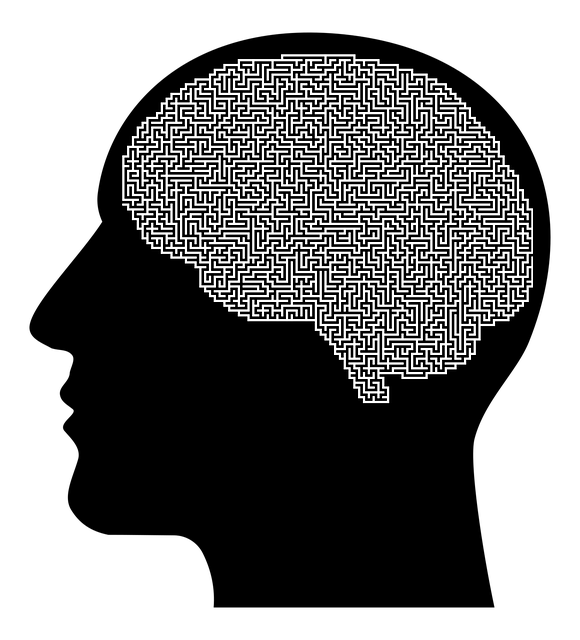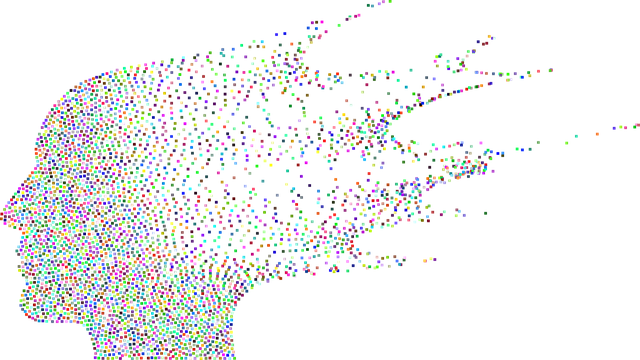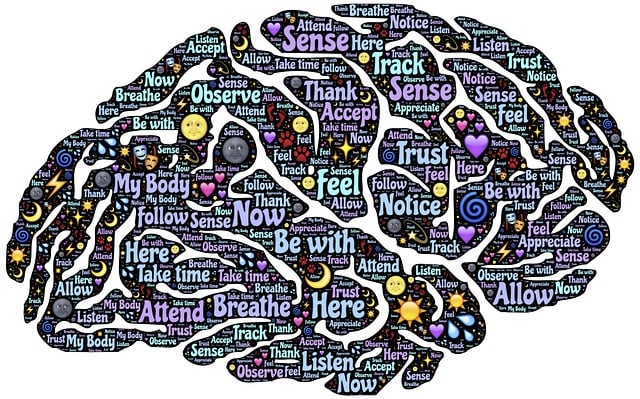Trauma significantly impacts children's development, leading to various challenges. Specialized play therapy is vital for healing and teaching resilience. For children with psychosis, Cognitive Behavioral Therapy (CBT), mental health education, and depression prevention strategies are key. Tailored interventions, combined with compassionate delivery, offer comprehensive support, enhancing therapeutic outcomes and quality of life. Accessing these services is crucial, especially for effective therapy for children psychosis.
Trauma support services play a pivotal role in shaping the lives of affected children, offering them a path to healing and resilience. This article delves into the critical areas of understanding trauma’s profound impact on young minds, particularly focusing on child psychosis. We explore effective therapy strategies tailored for this complex condition. Additionally, we uncover ways to enhance support services, emphasizing accessible and tailored interventions for optimal outcomes in children’s mental health journeys. Key topics include early intervention, evidence-based practices, and community resources, with a specific focus on therapy for children psychosis.
- Understanding Trauma and Its Impact on Children
- Providing Effective Therapy for Child Psychosis
- Accessing and Delivering Support Services for Better Outcomes
Understanding Trauma and Its Impact on Children

Trauma can have profound and lasting effects on children, impacting their emotional, behavioral, and cognitive development. It’s crucial to understand that trauma isn’t just a one-time event but can result from chronic stress or repeated adversity, such as abuse, neglect, or exposure to violence. This experience can disrupt the brain’s development, especially in areas responsible for regulating emotions and responding to threats. Consequently, children may display difficulties with attachment, social interactions, learning, and self-regulation.
Effective support for these young individuals involves specialized therapy tailored to their age and needs. Play therapy, for instance, offers a safe space for children to express themselves and process traumatic memories. Additionally, building resilience through stress reduction methods and teaching coping strategies can enhance mental wellness. These interventions not only help children recover from the immediate impact of trauma but also empower them with tools to navigate future challenges, fostering overall emotional well-being.
Providing Effective Therapy for Child Psychosis

Child psychosis is a complex mental health issue that requires specialized care and tailored therapy to effectively manage and treat. As such, trauma support services must incorporate evidence-based practices designed to help children navigate their symptoms and underlying causes. Cognitive Behavioral Therapy (CBT) has proven successful in treating child psychosis by teaching them to identify and change negative thought patterns and behaviors.
Integrating mental health education programs within therapy sessions empowers children with self-care practices, enabling them to proactively manage their symptoms. Additionally, depression prevention strategies should be implemented to address the common co-occurrence of depression in children diagnosed with psychosis. By combining these approaches, trauma support services can provide comprehensive care that not only treats the present condition but also equips children with lifelong coping mechanisms for improved mental well-being.
Accessing and Delivering Support Services for Better Outcomes

Accessing support services for individuals dealing with trauma, especially children experiencing psychosis, is a critical step towards better outcomes. Effective delivery of these services requires a multifaceted approach that combines professional therapy and compassionate cultivation practices. Therapies tailored for children suffering from psychosis should integrate evidence-based techniques to address the unique challenges they face.
By fostering an environment that reduces mental illness stigma, support services can encourage open communication and positive thinking. This not only enhances the therapeutic process but also promotes recovery and reintegration into society. Through these comprehensive strategies, individuals can receive the necessary care, ultimately leading to improved mental health outcomes and enhanced quality of life.
By enhancing access to support services and implementing evidence-based practices, such as therapy for children’s psychosis, we can significantly improve outcomes for those affected by trauma. Navigating the complex landscape of mental health care requires a multifaceted approach, encompassing early intervention, specialized treatment, and community integration. Through these efforts, we can foster resilience and promote healing in young lives, ensuring a brighter future for all children.













